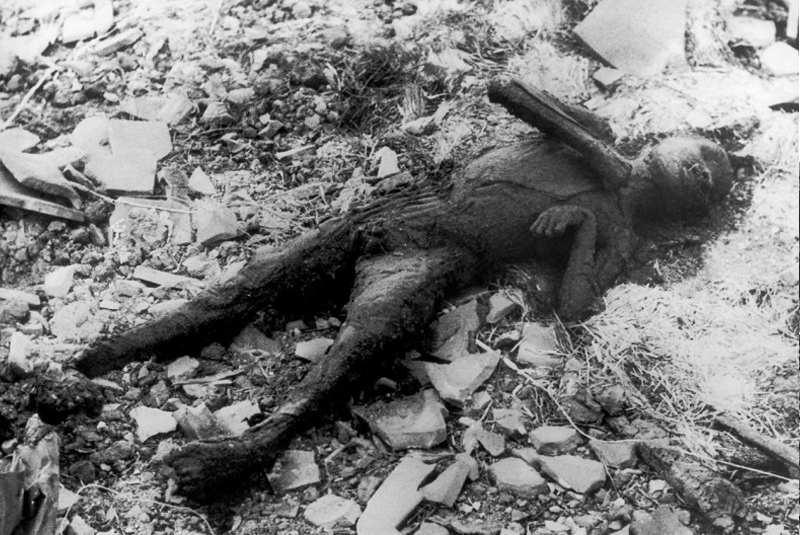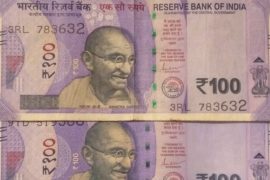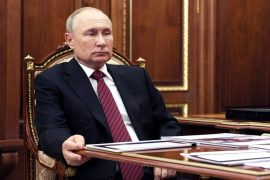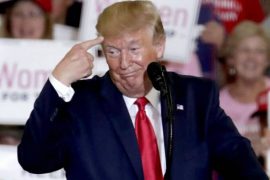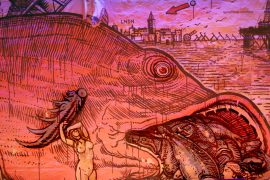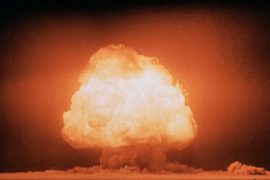On August 15, 1945, Emperor Hirohito addressed his subjects conveying his decision to surrender unconditionally. He used, as to be expected under the exceptional circumstances, slightly convoluted language:
“We have resolved to pave the way for a grand peace for all the generations to come by enduring the unendurable and suffering what is insufferable.[1]
The global public, especially in North America, and most scholars across the world have held that Japan surrendered because President Truman used the atom bomb on Hiroshima on August 6, 1945, and on Nagasaki on August 9, 1945. Post hoc, ergo propter hoc is not always a good argument.
Japan’s Supreme War Council consisted of the Big Six (Prime Minister, Foreign Minister, Army Minister, Navy Minister, Army Chief, and Navy Chief). Since the Army and Navy ministers had to be from the services, and as the Prime Minister was Admiral Kantaro Suzuki, the only civilian was the Foreign Minister Togo.
-30-
Copyright©Madras Courier, All Rights Reserved. You may share using our article tools. Please don't cut articles from madrascourier.com and redistribute by email, post to the web, mobile phone or social media.Please send in your feed back and comments to [email protected]

